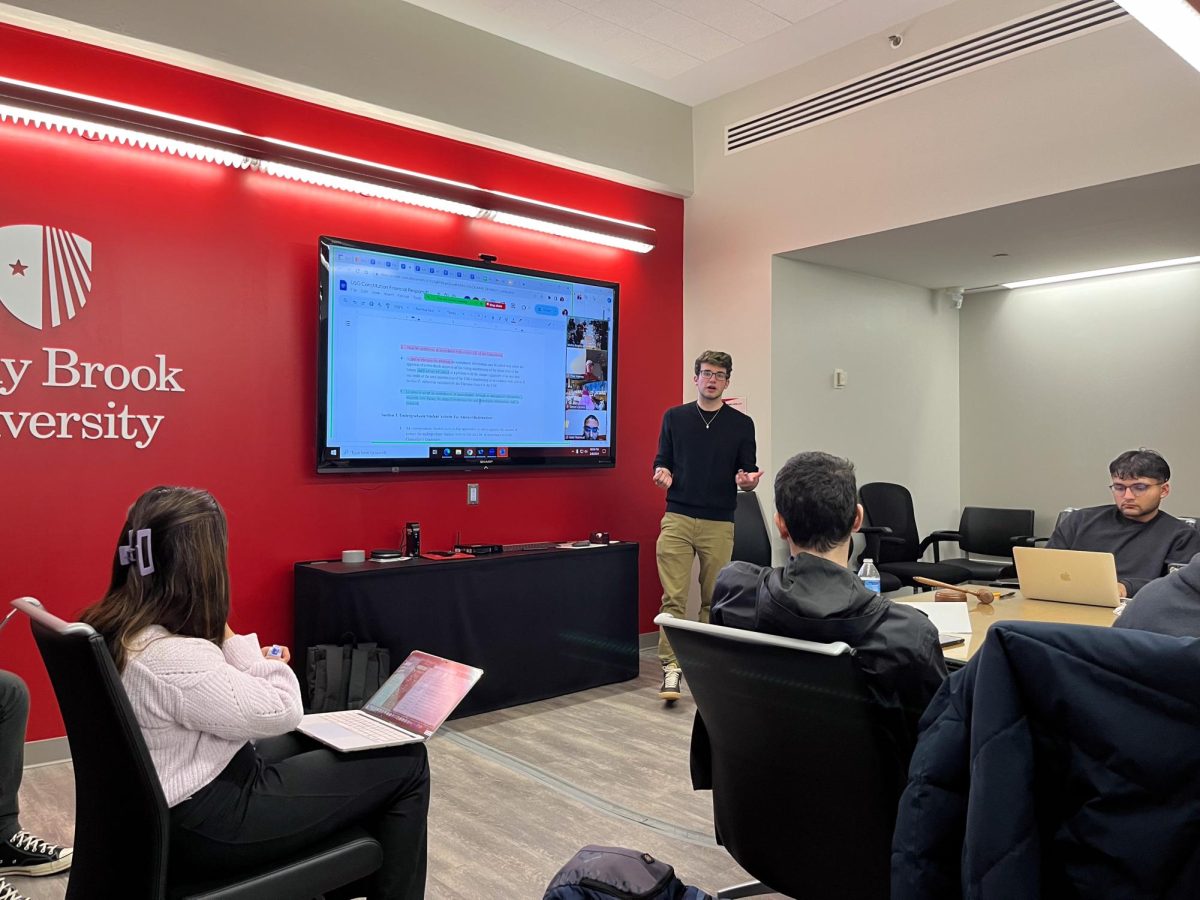On Dec. 1, President Shirley Strum Kenny lifted the hiring freeze, originally enacted in October, which prohibited any department from hiring new personnel. However, since the news arrived so late in the semester, and many departments are under budget restrains, the melting could go unnoticed.
Over the past few months Gov. David Paterson cut SUNY’s budget by $210 million. The governor recently announced an additional cut to SUNY by $65 million. Due to this proposed cut, the SUNY board of trustees has raised tuition.
As a result of the budget cuts, Kenny was forced to enact a hiring freeze in October. This freeze was originally put in place so that the university would not be forced to lay off staff and faculty and so that the overall payroll would not decline, Dan Melucci, associate vice president for strategy, planning and analysis, said. “Each vice president will now be responsible for managing his or her budget reduced by the amount necessary,” Kenny said in a press release to the campus community. “Each has been developing a plan for his or her unit. Those plans include reductions in expenditures as well as revenue enhancements, in order to operate under the reductions.”
The lifting of the freeze, however, does little to help many departments for the upcoming semester.
“Though the hiring freeze has been lifted, it will still take some time for the cuts to work their way from the Provost’s office, to the Dean’s office, and finally to the departmental level,” said Jeffrey Segal, the chairperson of the political science department. “Until that happens, we don’t know what our situation will be.”
As of now, there is no word from the state government on an early retirement program or retrenchments, according to Kenny. These decisions will not be made by the university but by the state.
Along with the lifting of the freeze, the SUNY board of trustees has effectively raised tuition for all students. Tuition for in-state undergraduates will increase from $4,350 to $4,970, starting with a $310 rise in the spring. For out-of-state undergraduates, tuition will increase from $10,610 to $13,620.
For graduate students, in-state tuition has gone from $6,900 to $7,880, and $10,920 to $14,020 for out-of-state students. Students will be billed according to these increased rates in the spring semester.
The board of trustees has the power to raise tuition, but cannot spend the money collected until the rise is approved by the state legislature. Without legislative-approved spending, the cash will sit in an account and not be available to pay the expenses of running the university.
“It will take cool heads, financial acumen, and collaborative efforts to pull through this period without harm to our University,” Kenny said. “We will weather this storm,” Kenny said.












